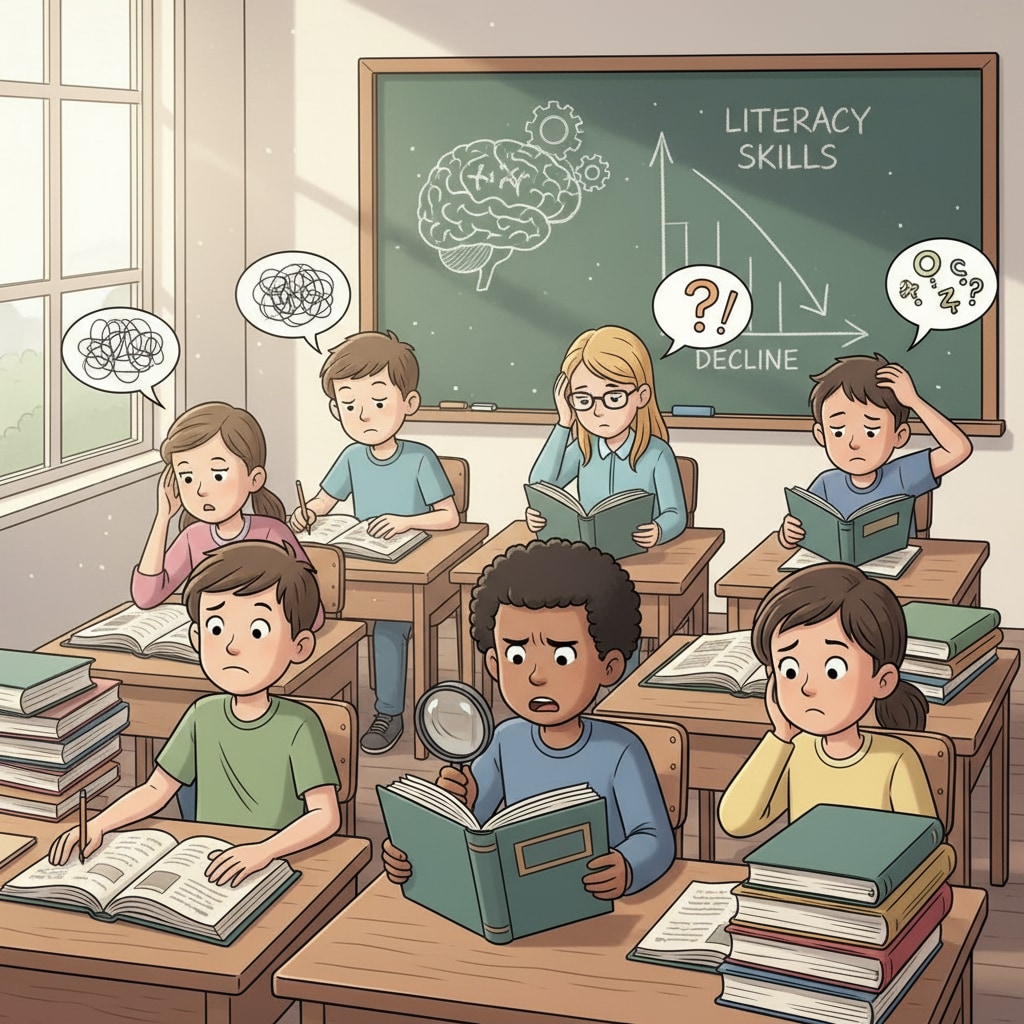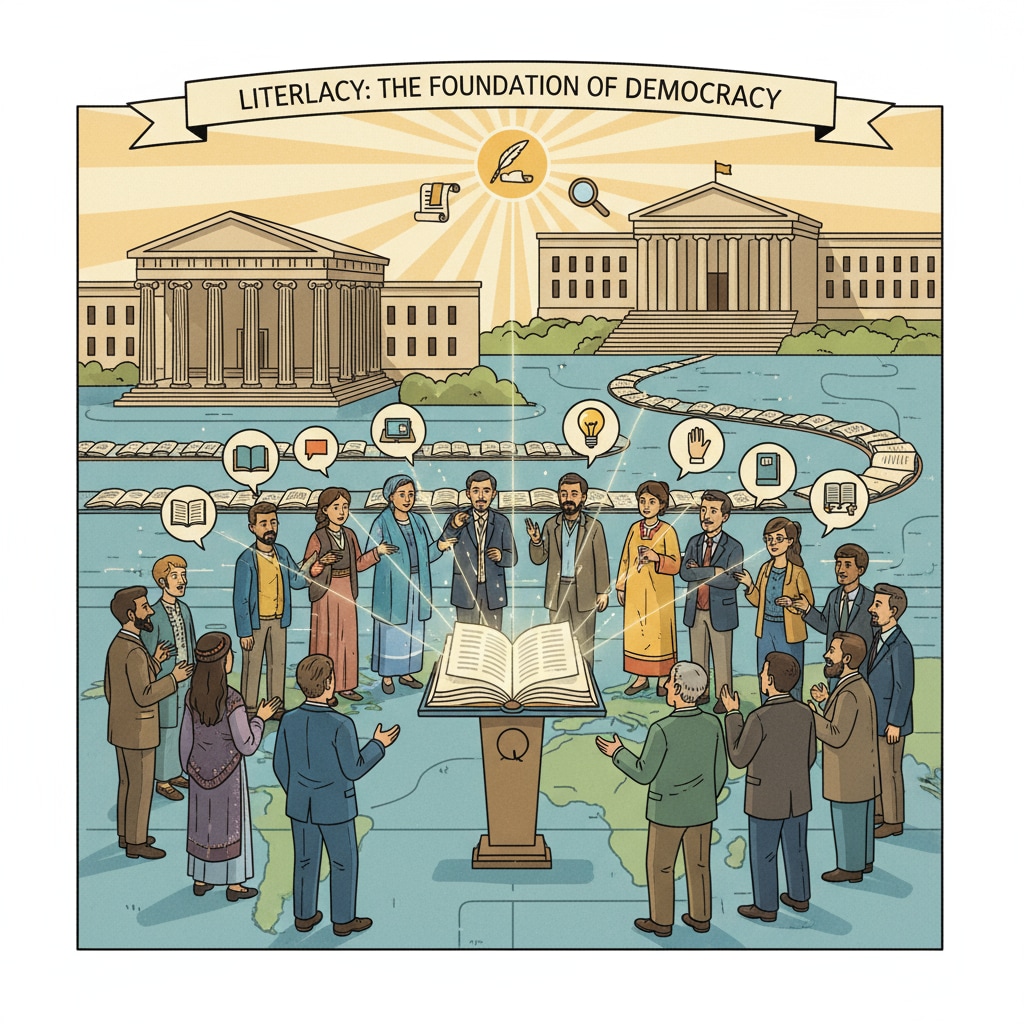In the realm of the post-literate society, the issue of literacy, democracy, and their intricate relationship has come to the forefront. The continuous decline in the literacy skills of contemporary K12 students is quietly but surely posing a significant threat to the very foundation of democratic societies.

The Decline in Literacy Skills
The decline in reading and writing abilities among K12 students is a matter of great concern. According to National Center for Education Statistics, scores on standardized reading and writing tests have been dropping steadily. This decline is not just about the ability to read words on a page or write a simple sentence. It encompasses comprehension, critical thinking, and the ability to express complex ideas.
The Impact on Democratic Participation
In a democratic society, an informed citizenry is essential. Literacy is the cornerstone of informed decision-making. When citizens have poor reading and writing skills, they struggle to understand political issues, policies, and the implications of their votes. As a result, their ability to actively participate in the democratic process is severely hampered. For example, they may not be able to fully comprehend a political candidate’s manifesto, thus making an uninformed choice.

The decline in literacy also affects the quality of public discourse. In a healthy democracy, citizens engage in meaningful discussions, debates, and exchanges of ideas. However, with declining literacy, the depth and quality of these conversations are diminishing. People may lack the ability to articulate their opinions clearly or understand the viewpoints of others.
Readability guidance: As we can see, the decline in literacy skills has far-reaching consequences for democracy. In the next section, we will explore what the education system can do to reverse this trend.


